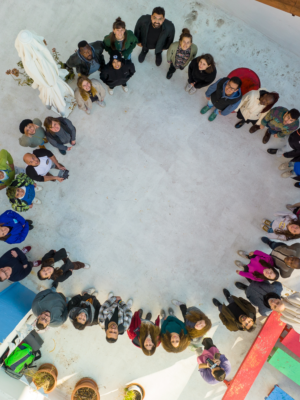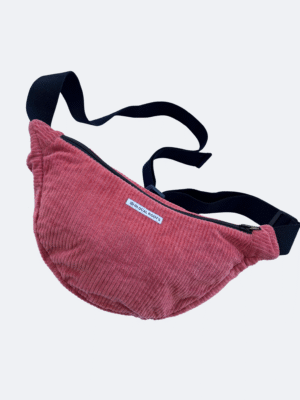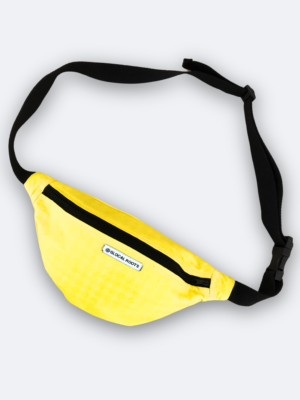Glocal Insight
The Plight of Fast Fashion and How We Can Combat It
Each year, consumers buy more than 100 billion items of clothing worldwide. Fuelled by unsustainable consumer-culture demands, ‘fast fashion’ has quickly become a global phenomenon leaving ecological disasters and grave, often fatal, human rights violations in its wake. Seeking to counterbalance this destruction, an attractive alternative to fast fashion is ‘slow fashion’. By more thoughtfully considering the ethics behind the industry and the manufacturing processes involved, deceleration is the only way forward. How can we contribute to the mission of ‘slow fashion’?
‘Fast fashion’ was a term coined when describing Zara’s first store opening in the US and its hallmark goal of having a clothing design from conception to consumer within just 15 days. On first glance, this concept seems like an enormous achievement; an impressive statement of the abilities of industrialisation and consumerism today. Brands such as Primark, H&M, and Urban Outfitters are just some of the other proud owners of the fast fashion badge. However, due to its rapid nature, it is clear there is no room to consider ethical, environmental, or sustainable factors when realising these fashion trends.
What are the social and environmental implications of fast fashion?
Despite the number of improvements that have been made since the Bangladesh Rana Plana sweatshop collapse in 2013 where over 1000 people died, the cost implications on one’s quality of life are still far too high. The fast fashion industry is vast, boasting about 75 million factory employees, yet shockingly, only 2% of these make a living wage. Evidence shows that this industry often involves exploitation of children, working excessive overtime, little or no breaks, dangerous buildings, and suppression of joining workers’ unions.
An ecological disaster; the textile and clothing industry is responsible for around 10% of greenhouse gas emissions due to the manufacturing processes requiring high water usage, creation of unsustainable materials such as polyester, and subsequent microplastic pollution into our rivers and oceans. In addition, only 60% of these garments are even sold resulting in 60 billion garments each year ending up being incinerated or buried in landfill – equating to a lorry-load of clothing every second!
How can we tackle these issues and campaign for a slower fashion industry?
‘Slow fashion’ encourages the “production of clothes with trendless designs, and premium, long-lasting quality”. By applying mindfulness to the textile industry, slow fashion cultivates intentional and thoughtful consumerism, eradicating environmental and social injustices entirely from its production line.
At Glocal Roots, we take a zero-tolerance approach to the dangerous and inhumane working conditions promoted by the fast fashion industry. We believe in respectful, considerate and safe working environments for everyone. All proceeds from our bum bags, scrunchies, wallets, and keychains, go straight into the salaries of the tailors and crochet workers with refugee backgrounds. Their working hours incorporate frequent breaks, we provide in-house childcare for their children, refreshments just outside their space, and we maintain flexibility to adjust their working hours to their needs. In our corner of the fashion industry, we seek to promote workers’ rights, not to disregard or violate them.
We off-set some of the environmental destruction which characterises the fast fashion industry by only reusing material from local markets which would have otherwise ended up in landfill. We ensure we have as little wasted material as possible when cutting our fabrics for our beautiful products. – By purchasing any of our products, not only are you contributing to our vision and supporting our tailors, you are also contributing to a mission of slow fashion and joining the fight against climate change, one bum bag at a time!









